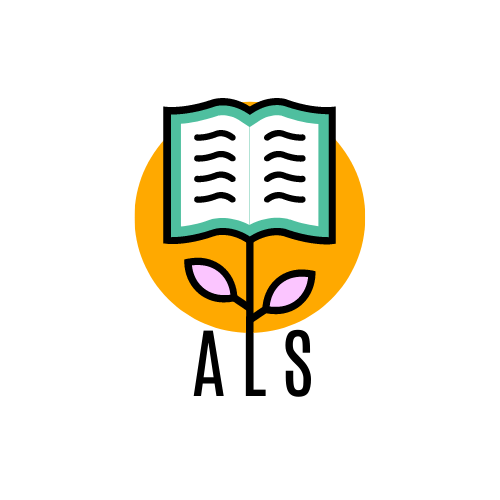
Loreto College is committed to meeting the SEND agenda. If you have an Education Health and Care Plan (EHCP) and need more comprehensive support, we can work with you, your current school, and the Local Authority to ensure that you get the best possible support when you come to Loreto College.
Arrangements can be made for transition visits to help with the move from school to college and we are happy to attend your year 11 Annual Review meeting.
If you do not have an Education Health and Care plan, you may still receive additional support if you have a diagnosis such as dyslexia, autistic spectrum condition or any other disability/learning difficulty that affects your learning.
Once in college we will provide a range of wraparound support to meet your needs and closely monitor your progress alongside your teachers.
Support your transition
To ensure your transition is supported, we can arrange the following:
- A personalised transition plan to ensure a smooth process.
- Arrangements for you to visit college with your parents/carers.
- Informal meetings with staff who will be supporting you prior to starting college.
Identifying and meeting support needs
- Students are given various opportunities to discuss their support needs before they start their course: on initial application, interview evening, taster days, open days, and at enrolment.
- Students may also be identified as having additional learning needs by teaching or education support assistants after they start their programme of study and any concerns raised will be discussed and explored as appropriate.
- Education support assistants may work with students in the classroom, if appropriate, or they may offer study support sessions outside the classroom.
Additional Learning Support (ALS)
- The main aim of ALS team is to work with students to increase personal growth, successful achievements, outstanding results, and positive progression opportunities.
- Additional learning support is delivered by a professional support team who can provide 1:1 and small group support, both in and out of lessons.
- Assistive technology and software are also used to remove barriers to learning, promoting independence, and learning without limits.
- The team works in close collaboration, not only with the student but with subject teachers, Heads of Halls and Student wellbeing teams to ensure that considered, timely and supportive interventions are put into place.
DYSLEXIA | DYSCALCULIA | DYSPRAXIA
- 1:1 or small group sessions working on coping strategies and study skills
- Read/write gold software.
- Access to other assistive technologies – Dictaphone
- Examination Access Arrangements – extra time, a reader or scribe – following assessment.
- Support with visual stress.
VISUAL IMPAIRMENT
- Software packages.
- Hardware – large font keyboards/magnifiers.
- Texts in alternative formats – MP3 document, large print etc
- Support in class from an Educational Support Assistant if required.
- Examination Access Arrangements – extra time, a reader or scribe.
- Support from the Local Authority Visual Impairment team – assistive technologies, monitoring visits.
- A Personal Emergency Evacuation Plan.
HEARING IMPAIRMENT
- Sign Language Support Worker if required.
- Support in class from an Educational Support Assistant.
- A scribe in class EAA is passed on from school.
- Hearing Loop
- Support from the Local Authority Hearing Impairment team – Teacher of the Deaf, assistive technologies, monitoring visits
- Examination Access Arrangements – extra time, a reader or scribe
- A Personal Emergency Evacuation Plan
PHYSICAL DISABILITIES
- Support moving around college
- Support in class from an Educational Support Assistant
- A lift key to access all floors
- Personal Care – as appropriate
- Examination Access Arrangements – extra time, a reader or scribe if required.
- A Personal Emergency Evacuation Plan
AUTISM /ASPERGERS/ADHD
- Support in class from an Educational Support Assistant
- Examination Access Arrangements
- Emotional support
- A quiet space for break times if required.
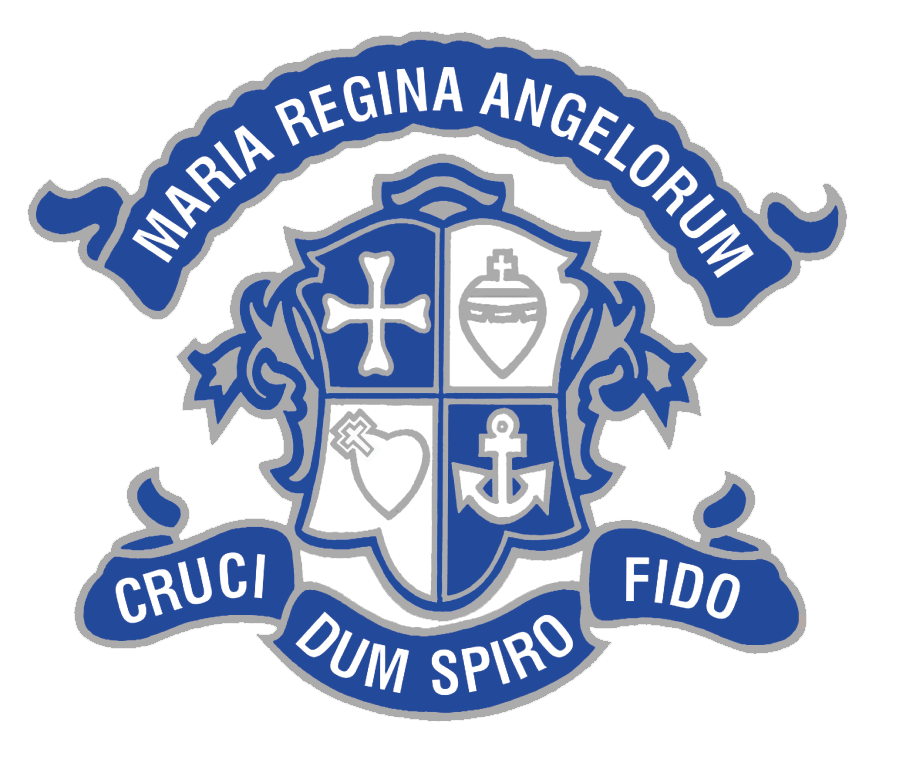
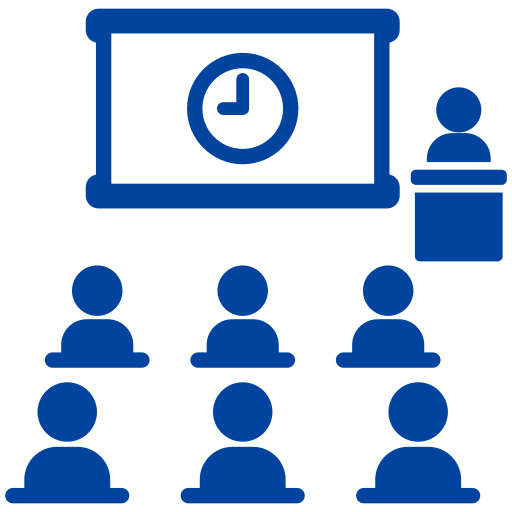
What is an Exam Access Arrangement?
Access arrangements are exam adjustments made for individual students, based on evidence of need and the student’s normal way of working. They exist to ensure all students have the same opportunity to be successful in their exams and include reasonable adjustments for those students with a disability or learning difficulty.
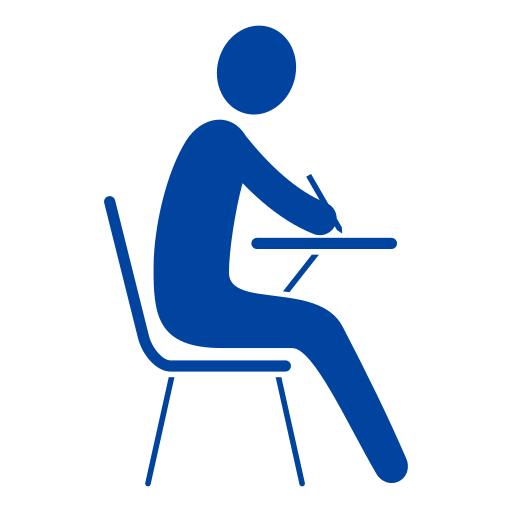
What Access Arrangements could I be given?
Access arrangements are given based on evidence of your need and your normal way of working. You may be eligible for and not limited to:
- Extra time
- Prompt
- Scribe
- Reader or computer reader
- Use of assistive technology
- Supervised rest breaks
- Modified Large print or braille exam papers
- Separate room or smaller room
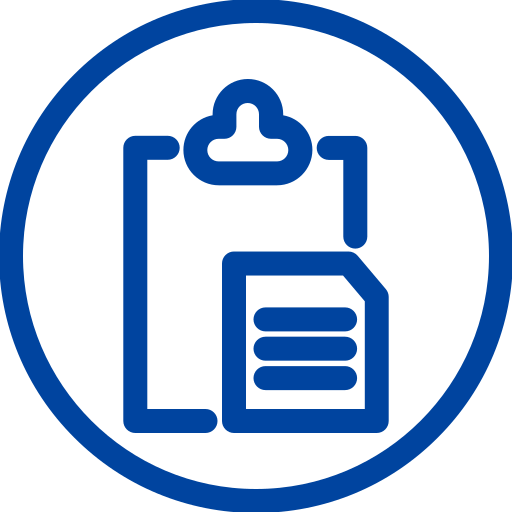
How do I get Exam Access Arrangements?
If you have had exam arrangements at high school, a member of the Learning Support team will meet with you to assess your needs and determine appropriate support.
If you have not had exam arrangements previously, your teachers can request an appointment for you to help identify your needs.
If you qualify for support, you will be invited to sessions which help you to understand the various arrangements. You will also have these arrangements in all class tests, and internal/external exams.
If you would like more information, please contact our Additional Learning Support Team on 0161 226 5156.
Loreto College SENCo and Head of Inclusion is Debbie Hadfield